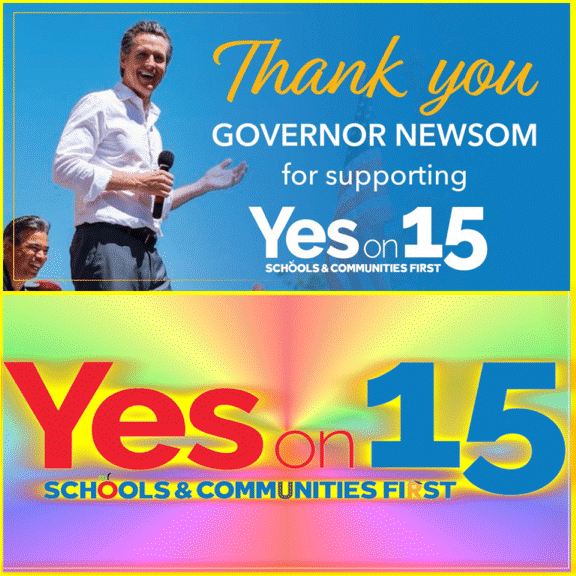PA Fake Summer Edition
Meanwhile, there's some stuff for you to read. Remember, sharing these readings helps amplify the message. Help out.
Bill Gates Quest for the Mythical Magic Bullet
Ed in the Apple takes a look at the newest attempt by Gates to remake education; this time it's going to be Algebra I for everybody!
What does it mean when hardly anybody stands up for the basic needs of children and public schools.
Jan Resseger talks about how much it sucks that public education continues to be an orphan in these miserable times
Virtual Instruction: 5 pros and 5 cons
Steven Singer takes a look at the pluses and minuses of trying to educate via computer connection
The Freedom to be That Change
Teacher Tom talks about the challenge of raising children to be moral, ethical beings.
NC can leave the dark ages on education
Justen Parmenter offers an op-ed in the Charlotte Observer laying out in fairly short, stark terms, how leaders in North Carolina have lost the educational plot.
Governor accused of improperly using Covid relief money to fund vouchers
Meanwhile, in South Carolina the governor decided he woud just go ahead and implement the DeVosian voucher plan on his own. From EdWeek.
Everybody needs to work less
At Slate, Dan Kois notes that pandemic distance learning is stretching everybody, and the crazy radical has a solution to offer that doesn't involve dumping the problem on teachers or parents.
The lost year fallacy
Nancy Flanagan takes a look back through history to see if it's legit to write off 20-21.
The corruption of charter schools in Alaska
The Anchorage Daily News looks at how the charter industry in Alaska is a money-grubbing mess
How online learning companies are using the pandemic to take over the classroom
Jef Bryant takes a look at the corporate opportunism going on right now.
Greatschools wanted to disrupt school ratings. Did they make segregation worse?
Well, yeah, probably. And the hidden culprit is, once again, high stakes testing. A thorough look from Mother Jones.
CURMUDGUCATION: ICYMI: PA Fake Summer Edition (10/11)
CATCH UP WITH CURMUDGUCATION
Know Your Price And The Assets Of Education - https://www.forbes.com/sites/petergreene/2020/10/09/know-your-price-and-the-assets-of-education/#6564c7716f06 by @palan57 on @forbes
Pennsylvania Poised To Turn CARES Money Into School Vouchers - https://www.forbes.com/sites/petergreene/2020/09/30/pennsylvania-poised-to-turn-cares-money-into-school-vouchers/#5994d5c16910 by @palan57 on @forbes
















